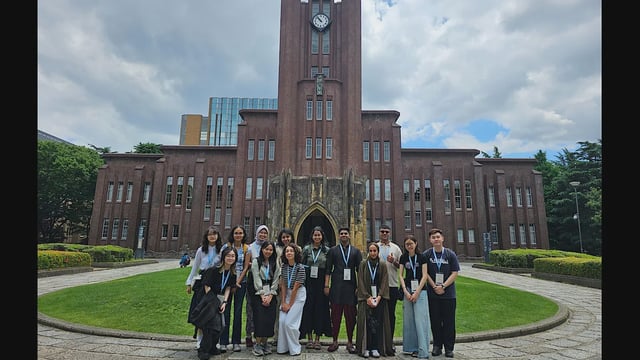Overview
- VBayesMM, a variational Bayesian neural network, uncovers gut microbe–metabolite relationships that traditional analytical tools cannot reliably detect.
- Applied to sleep disorder, obesity and cancer datasets, the model consistently outperformed standard methods and pinpointed bacterial families tied to known biological processes.
- The framework quantifies uncertainty in its predictions to prevent overconfidence and help researchers assess the reliability of identified interactions.
- Researchers are tackling data sparsity, microbial interdependencies and high computational demands to improve accuracy and analysis speed.
- Future developments include integrating comprehensive chemical datasets and microbial phylogenies to advance targeted microbial therapies and dietary interventions.

